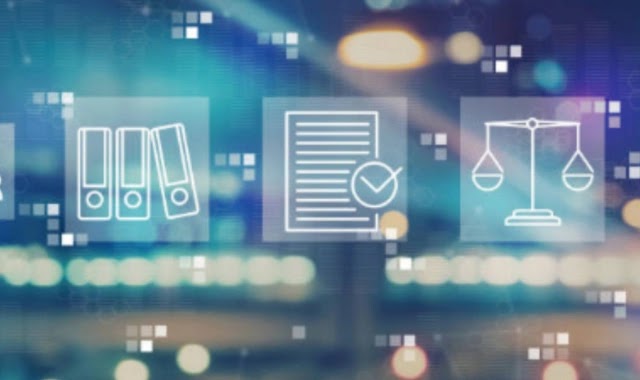 |
| Navigating the Legal Tech Landscape: Tools and Trends for Legal Professionals |
The legal industry is undergoing a significant transformation with the advent of legal tech, a rapidly evolving field that leverages technology to streamline processes, enhance efficiency, and improve client services. Legal professionals today face the challenge of navigating the vast and ever-expanding landscape of legal tech tools and trends. In this article, we delve into the essential tools and emerging trends that are shaping the legal tech landscape. From practice management software to artificial intelligence-powered solutions, we explore how legal professionals can leverage these innovations to stay ahead in an increasingly tech-driven industry.
The Importance of Legal Tech for Modern Legal Practice
Legal tech has become increasingly vital for modern legal practice. In a world where efficiency and productivity are paramount, legal professionals need tools that can help them streamline processes, manage cases more effectively, and deliver superior client service. Legal tech tools can automate routine tasks, facilitate document management and collaboration, and provide data-driven insights to support decision-making. By embracing legal tech, legal professionals can free up time to focus on higher-value activities, increase efficiency, and improve overall client satisfaction.
Practice Management Software: Streamlining Workflows
Practice management software is a cornerstone of legal tech. These tools help legal professionals manage their practices efficiently, with features such as client and case management, document storage, time tracking, and billing. Practice management software centralizes information, facilitates collaboration among team members, and streamlines administrative tasks. With real-time updates and mobile access, legal professionals can stay organized and responsive, ensuring smooth workflow management and delivering better outcomes for clients.
Artificial Intelligence (AI) in Legal Tech
Artificial intelligence is revolutionizing the legal industry by augmenting the capabilities of legal professionals. AI-powered tools can perform legal research, analyze vast amounts of data, and even predict case outcomes. Natural language processing allows for advanced contract analysis, aiding in due diligence and contract management. AI chatbots and virtual assistants enhance client interactions, providing instant responses and support. By leveraging AI in legal tech, legal professionals can increase efficiency, and accuracy, and deliver more informed legal advice.
E-Discovery and Data Analytics
E-discovery and data analytics tools have transformed the way legal professionals handle electronic evidence and manage complex litigation cases. These tools enable efficient retrieval, processing, and review of electronically stored information (ESI). Through advanced analytics and machine learning algorithms, legal professionals can uncover patterns, identify relevant information, and make data-driven decisions. E-discovery and data analytics tools not only expedite the discovery process but also reduce costs and mitigate risks associated with manual review.
Cloud-Based Collaboration Platforms
Cloud-based collaboration platforms have revolutionized the way legal professionals work together, especially in a remote and decentralized work environment. These platforms facilitate secure document sharing, real-time collaboration, and seamless communication among team members. Legal professionals can work on documents simultaneously, track changes, and ensure version control. Cloud-based collaboration platforms enhance efficiency, promote collaboration, and eliminate the challenges of managing multiple versions of documents.
Emerging Trends in Legal Tech
The legal tech landscape continues to evolve, and staying informed about emerging trends is crucial for legal professionals. Some noteworthy trends include the use of blockchain technology for secure transactions, smart contracts, and intellectual property protection. Additionally, legal professionals are exploring the potential of augmented reality and virtual reality for courtroom simulations, virtual meetings, and evidence visualization. Data privacy and security are also gaining prominence, with the need for tools that ensure compliance with regulations and protect sensitive client information.
Integration and Adoption Challenges
While legal tech offers immense potential, integrating new tools and adopting innovative practices can pose challenges for legal professionals. Resistance to change, concerns about data security, and the need for training and support are common obstacles. Additionally, interoperability and compatibility between different legal tech tools can present challenges, requiring careful consideration during the selection and implementation process.
Conclusion
Legal tech has become an indispensable part of modern legal practice, empowering legal professionals to streamline workflows, enhance efficiency, and provide better client service. By leveraging practice management software, AI-powered tools, e-discovery and data analytics, cloud-based collaboration platforms, and staying informed about emerging trends, legal professionals can navigate the legal tech landscape effectively. Embracing legal tech not only enables legal professionals to adapt to the evolving industry but also positions them for success in a tech-driven future, where efficiency, innovation, and client satisfaction are paramount.

Comments